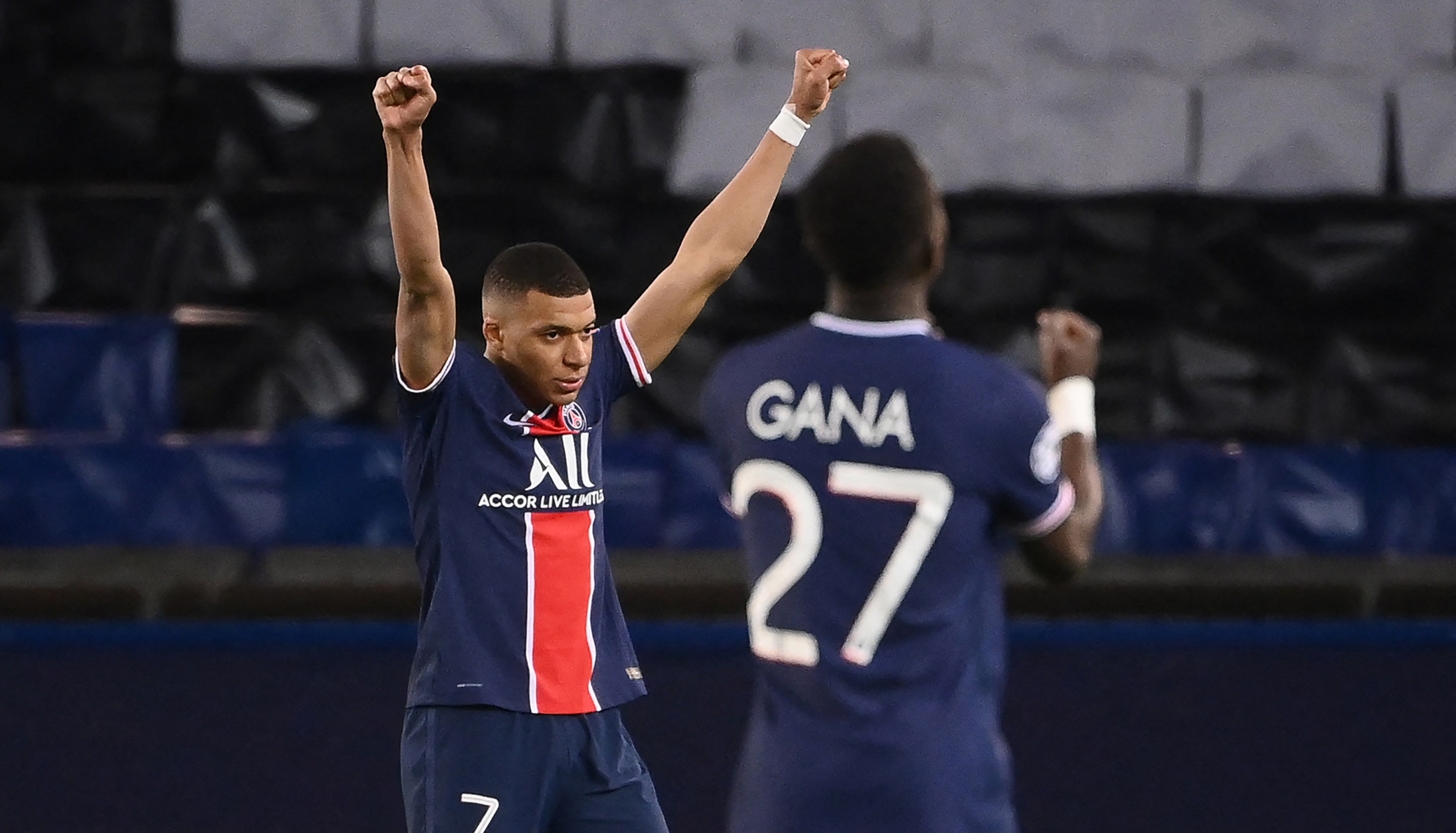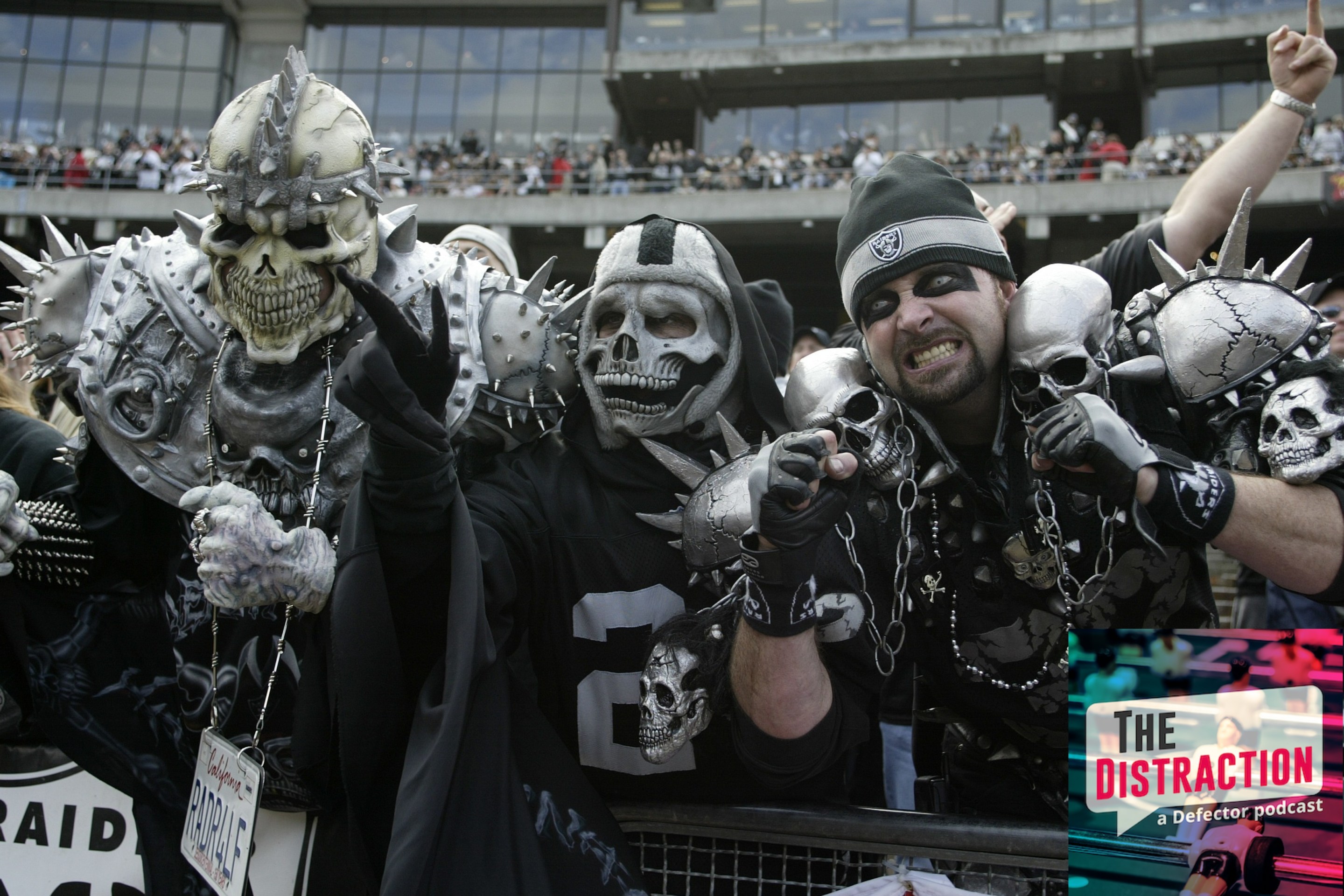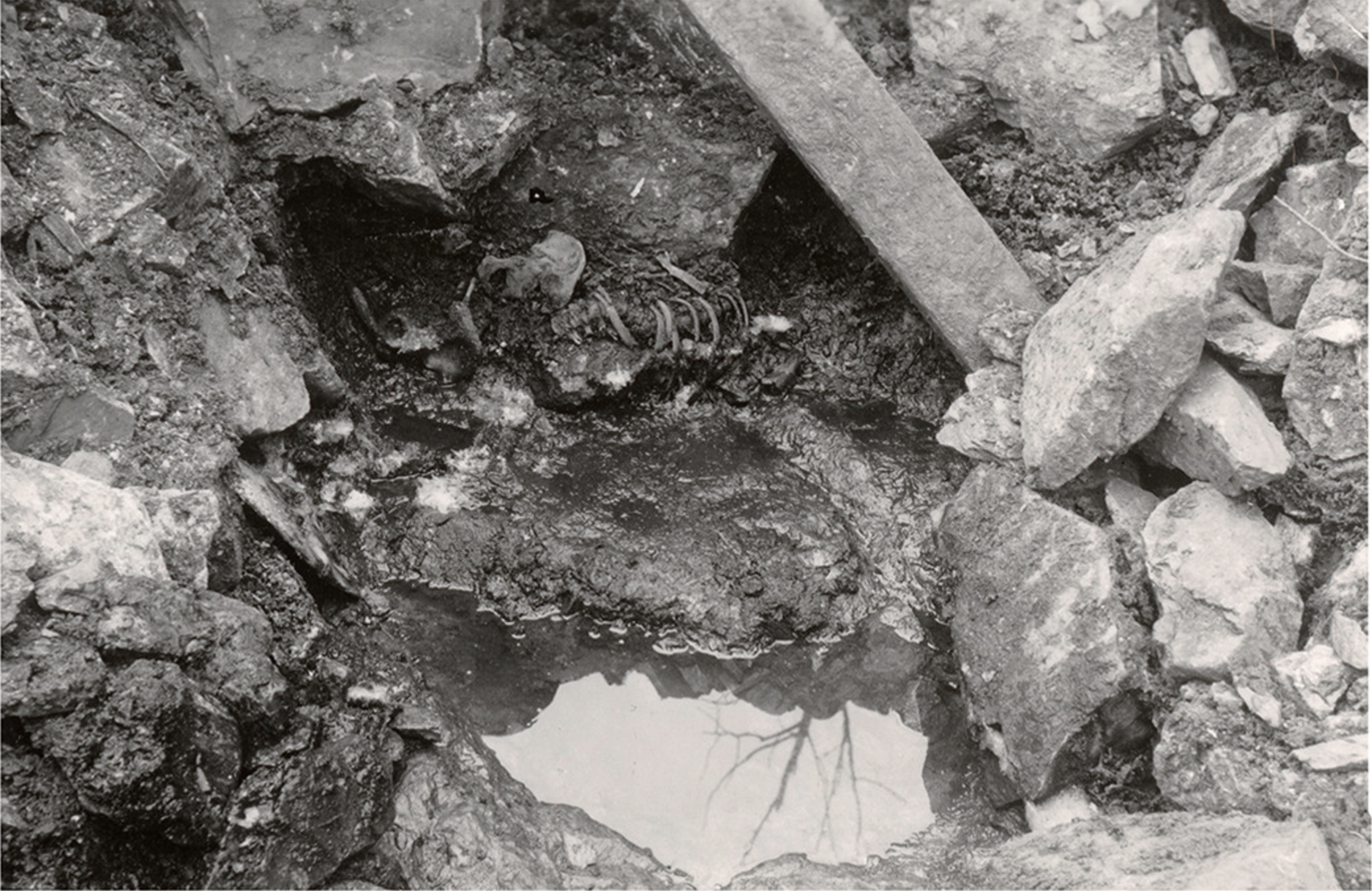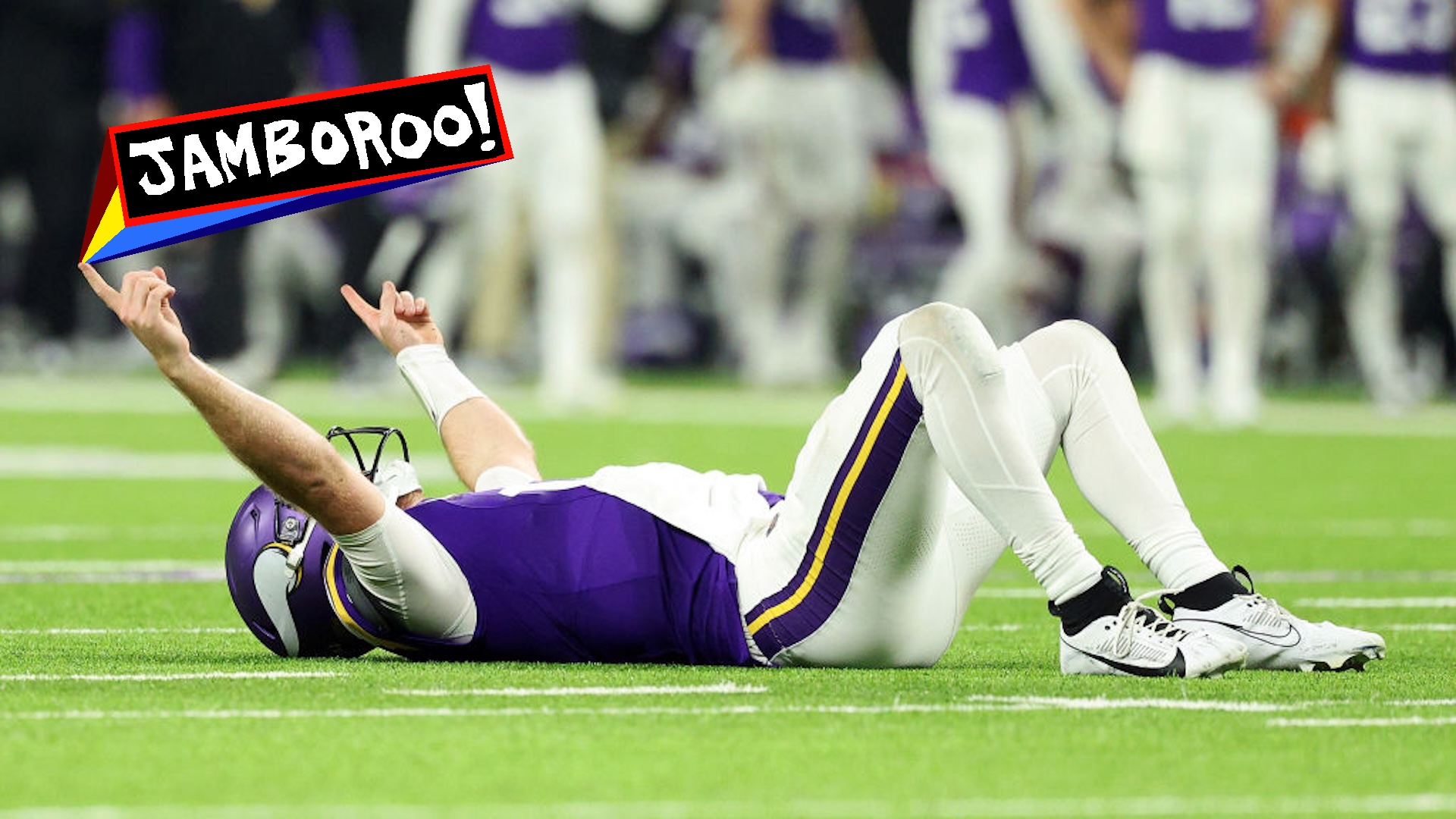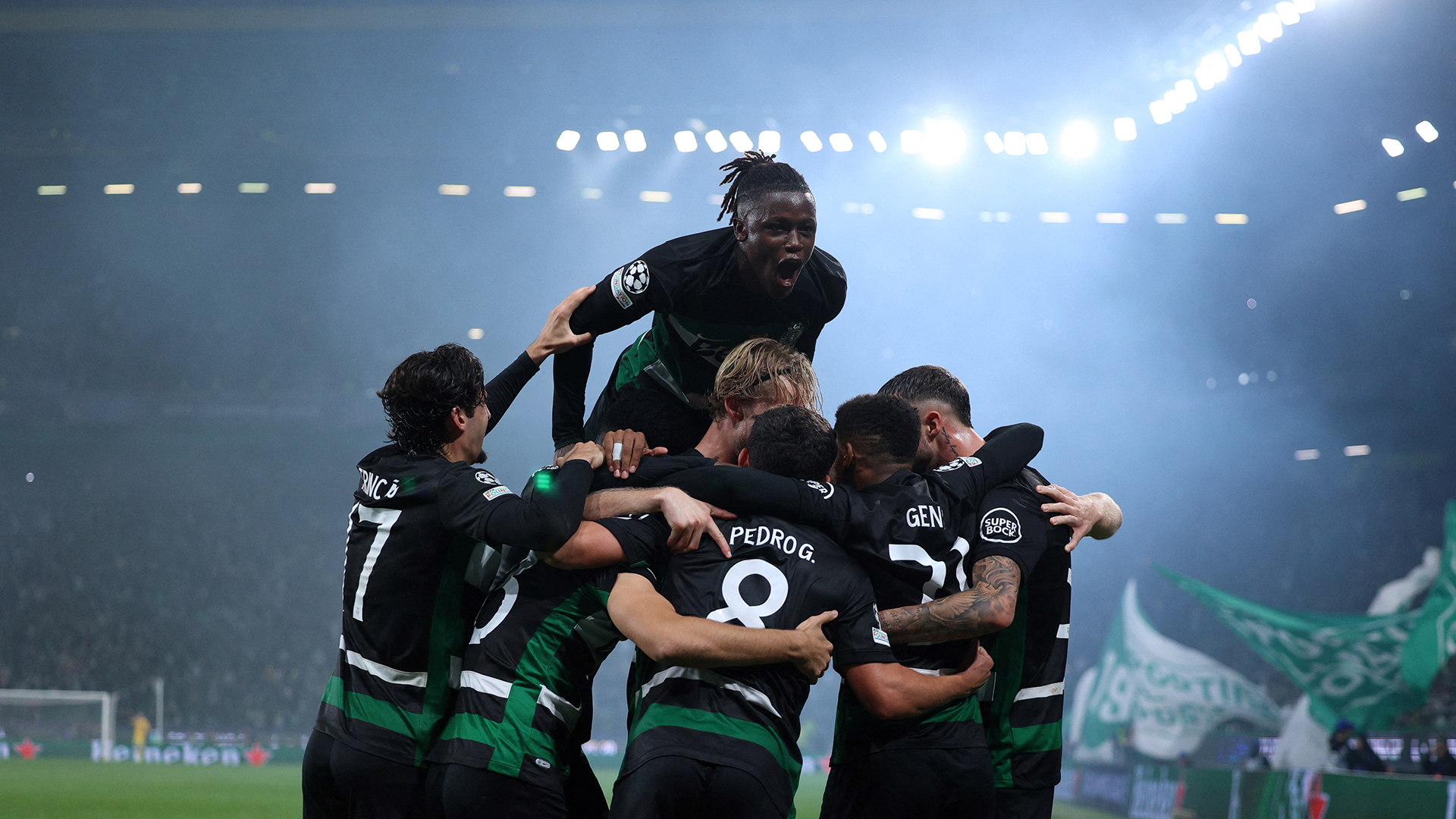On Tuesday, Paris Saint-Germain bounced back from its awful performance in a match it won 3–2 to put in a much better outing in a match that it then lost 1–0. Thanks to the idiosyncrasies of soccer, though, the Parisians are still advancing to their second consecutive Champions League semifinal, toppling the reigning title holders by virtue of the away goals rule. If there's one thing to take from this often frustrating and always entertaining tie, it's that all of the stats and predictive models and even the eye test can be rendered useless next to the simple matter of whether the ball does or does not hit the net.
After being hyper-efficient in Munich during the first leg, PSG's stars had a field day of unlucky finishing back on home turf. Whereas Kylian Mbappé was deadly last week, and Neymar set up two of PSG's goals so well that it would have been harder for his teammates to miss them, the second leg featured all of the same build-up magic with none of the payoff. Neymar probably got the worst of it, with the nicest piece of individual talent across both legs leading to nothing but a long arcing shot onto the dull clang of the crossbar:
Neymar out here ballin' 🔥 pic.twitter.com/KiOaDO001v
— Champions League on CBS Sports (@UCLonCBSSports) April 13, 2021
The Brazilian also missed a potentially tie-sealing chance by perhaps one inch in the second half, as a cut-back from Ángel Di María barely skid by the No. 10's cleats. On top of that, Neymar was also stonewalled by Manuel Neuer repeatedly, first on a close-range scramble in the box that the big German goalie kept out, and then with a wide-open attempt that Neuer was able to kick save into oblivion:
NEUER. AGAIN. 🧤 pic.twitter.com/2Eghj4owDD
— Champions League on CBS Sports (@UCLonCBSSports) April 13, 2021
For his part, Mbappé played more of a supporting role than his two-goal starring performance last week, though he did net PSG's best chance of the game late in the second half, only to see it called back for offside:
Mbappe but it's ruled offside ❌ pic.twitter.com/2ma53VmBVV
— Champions League on CBS Sports (@UCLonCBSSports) April 13, 2021
In the end, though, PSG's struggles in front of goal didn't really matter, as Bayern only scored one goal—an Eric Maxim Choupo-Moting tally, which hilariously gave him as many goals in the tie as Mbappé—when it needed two. Over both legs, Bayern needed 45 shot attempts to notch its three goals, while PSG matched them with only 16 shots. The expected goals stats tell a more accurate story of the two legs: In the first leg, Bayern won the xG battle 3.6 to 1.7, only to lose, while PSG won the second leg's statistical clash 2.1 to 1.3, only to also lose. In its own way, the xG stat actually did what it's supposed to do here: In a score-agnostic way, it details who created the better chances in each leg.
The problem is that knowing who played better can sometimes mean little in a knockout competition. You could point to a variety of moments across both legs that could have gone differently—a shot that goes maybe an inch lower, or Keylor Navas misses one of his many saves—and you could easily imagine Bayern advancing to continue its title defense. As often is the case in one- or two-game samples, reality wasn't so neat and tidy. In the first leg, PSG's stars converted it's small number of chances into goals, while Bayern struggled to siege the Paris box with well-structured plays. In the second leg, the reverse was mostly true.
It's fitting that, on aggregate, this match-up ended in a draw, because both teams, in almost identically equal parts, got screwed over by unlucky finishing and saved by moments of magic or simple happenstance. Sometimes, it just doesn't matter how well a club plays for 180 minutes. All that ends up mattering is the dip of the ball, or the placement of the header, or any of the other little bits of incomprehensible luck and skill that go into finishing chances. PSG got luckier when it needed to, and it didn't get punished when the shots weren't breaking its way, and so it advances while Bayern goes home.
